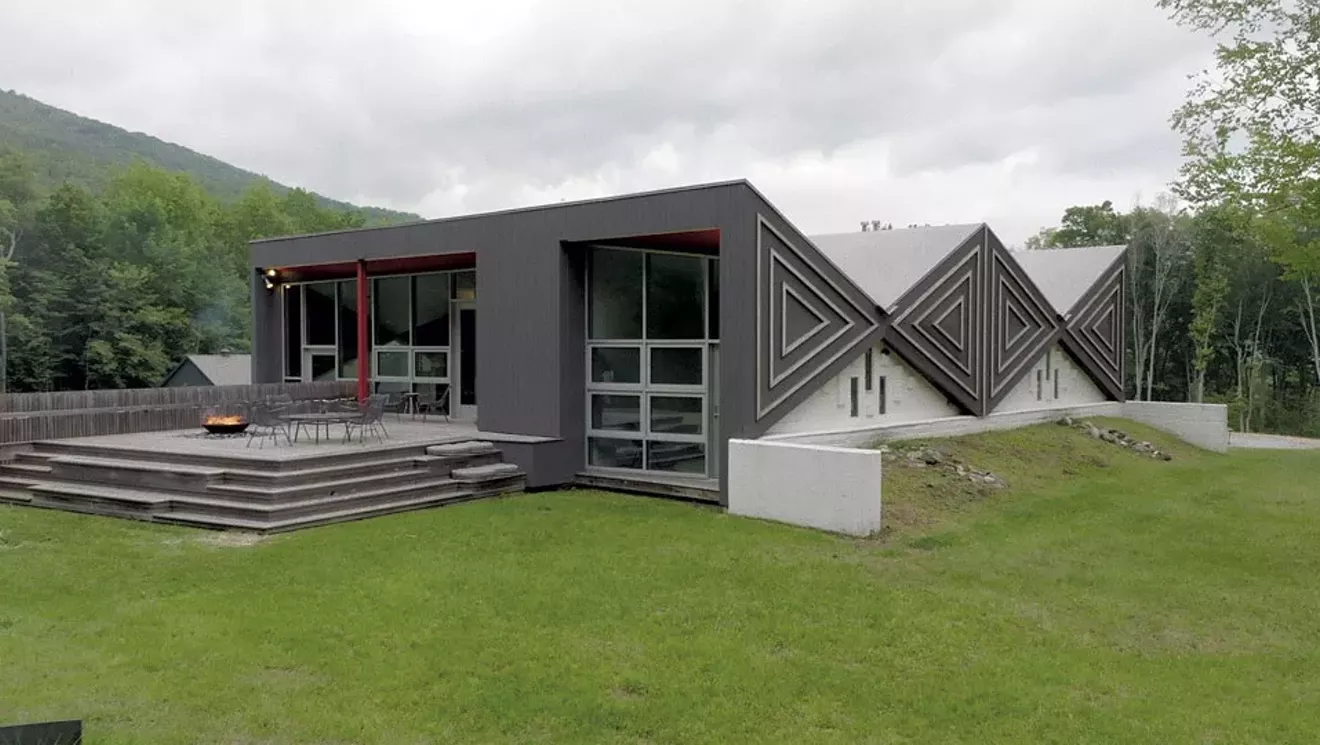Summary:
Midcentury modernism may not immediately be associated with Vermont, yet structures from this era, dating between the 1930s and 1970s, are a focal point in the film New England Modernism: Revolutionary Architecture in the 20th Century. Produced by Jake Gorst and Tracey Rennie Gorst, the film will premiere on March 20, in Burlington and Brattleboro, as part of the Architecture + Design Film Series. Vermont architectural historian Devin Colman will introduce the Burlington screening, followed by a Q&A with the filmmakers.
The documentary explores the origins of modern architecture in New England, featuring insights from over 20 experts, including relatives of prominent architects like Edward Durell Stone. Additionally, it highlights Vermont’s unique contributions to the modernist movement, such as the design-build approach articulated by architect David Sellers, who remains active at 85.
The film initially aimed to cover all of New England’s modern structures but was adapted during the pandemic to focus on a concise narrative. Gorst emphasized the importance of showcasing lesser-known buildings, like the Peyton residence in East Dorset, which exemplifies innovative design.
Gorst’s work challenges the common view that modernism in the U.S. stemmed solely from European influences fleeing persecution. Instead, he argues that modernism had its roots in New England itself. This film seeks to raise awareness of an often overlooked architectural movement, showcasing the emotional resonance of these designs through careful cinematography. Gorst aims to inspire appreciation for modernism, encouraging preservation efforts amidst threats from property redevelopment.
